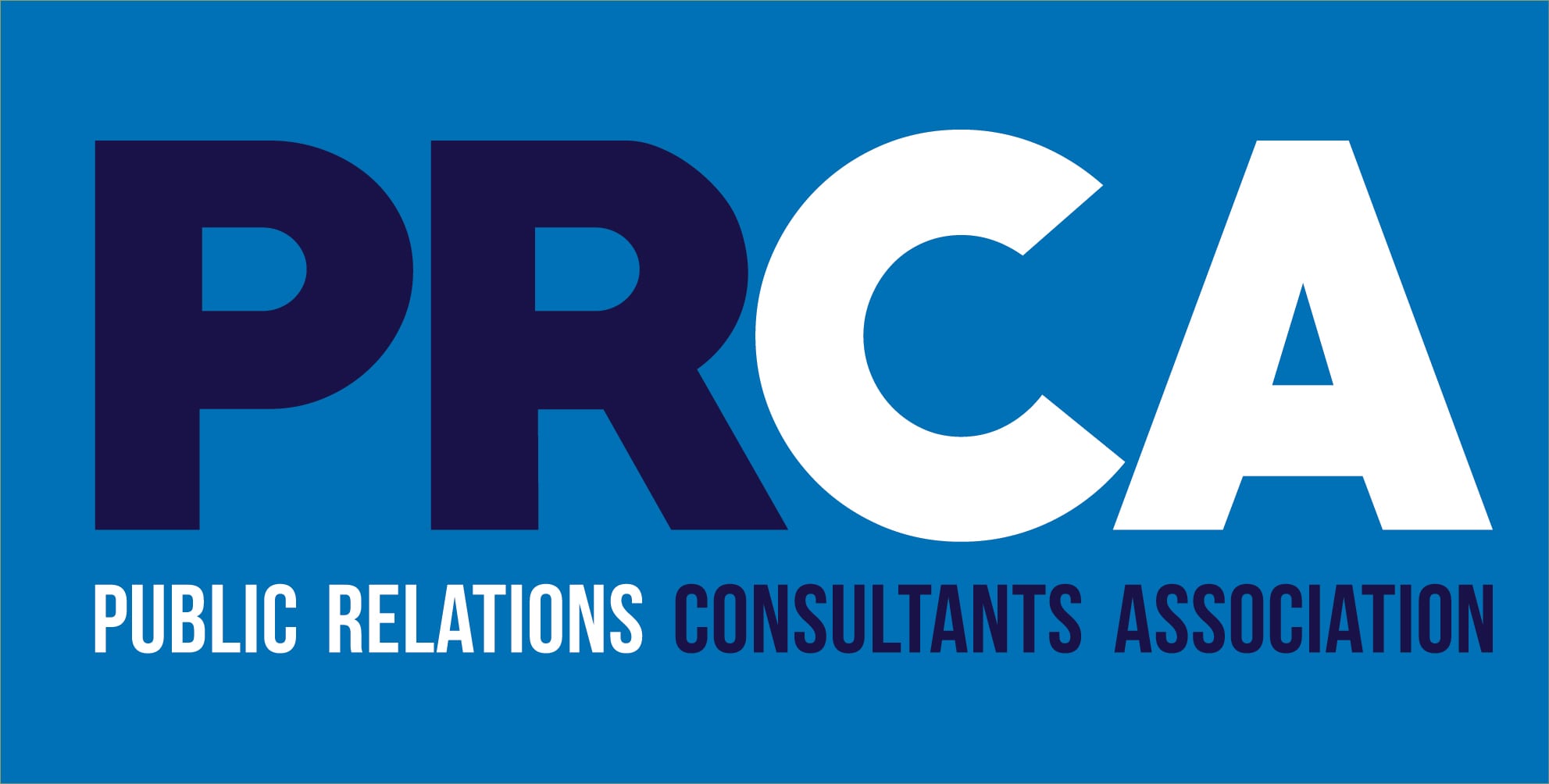When it comes to selecting a PR consultancy, it is vitally important that your choice reflects your needs.
Many consultancies offer a full spectrum of communications services, encompassing corporate, financial, consumer, healthcare and public affairs. Others, however, specialise in areas such as technology, food and drink, digital and sponsorship.
In addition to finding a consultancy that has experience and expertise to fulfil your requirements, it is also important to give consideration to a consultancy’s values and culture to ensure it is a good fit for your organisation.
Given PR consultancies are in the business of reputation, their own standing in the market should be an indicator of the quality of their work. To this end, referrals and references for certain consultancies from other organisations should also form part of your decision-making process.
- Search
- Find out which consultancies have a reputation for working with similar organisations that face issues akin to your own. This information should be readily available on consultancy websites
- Reach out to similar organisations for advice on consultancies that they have worked with. Be aware that some consultancies may work with your direct competitors and so there may be a need to mitigate conflicts of interests or omit certain consultancies on this basis
- Contact
- Call or email a number of consultancies and request a written or verbal presentation of company credentials, to include case studies of work similar to the objectives you have
- Follow up with some consultancies if you require any further information or if you need to clarify anything with regard to their credentials
- Refine
- Based on your enquiries, refine your search to a shortlist of between 3 & 5 agencies that you feel are best positioned to fulfil your needs
- Ensure you cross-reference the experience and expertise of the shortlisted consultancies against your own requirements
- Proposal
- Having compiled a shortlist of consultancies that might suit, brief them on your business and communications objectives and ask them to respond in writing how they would approach the task, the team who would work with you and what costs would be – both fees and third party costs
- Key things to look for include: An understanding of your business and issues it faces; strategic thinking; clear and realistic implementation plans; key performance indicators and measurement tools; detailed costs breakdown and the expertise and experience of the individual team members
- Pitch
- Based on the content of the proposal, organisations may then invite some or all of the engaged consultancies to present their proposals to you and a number of representatives of your organisation in person
- This offers the ideal opportunity to assess the personal chemistry with the team account handlers which will be vitally important to a successful working relationship
The above 5 steps are an essential guide to ensuring you make the right decision for your organisation.






